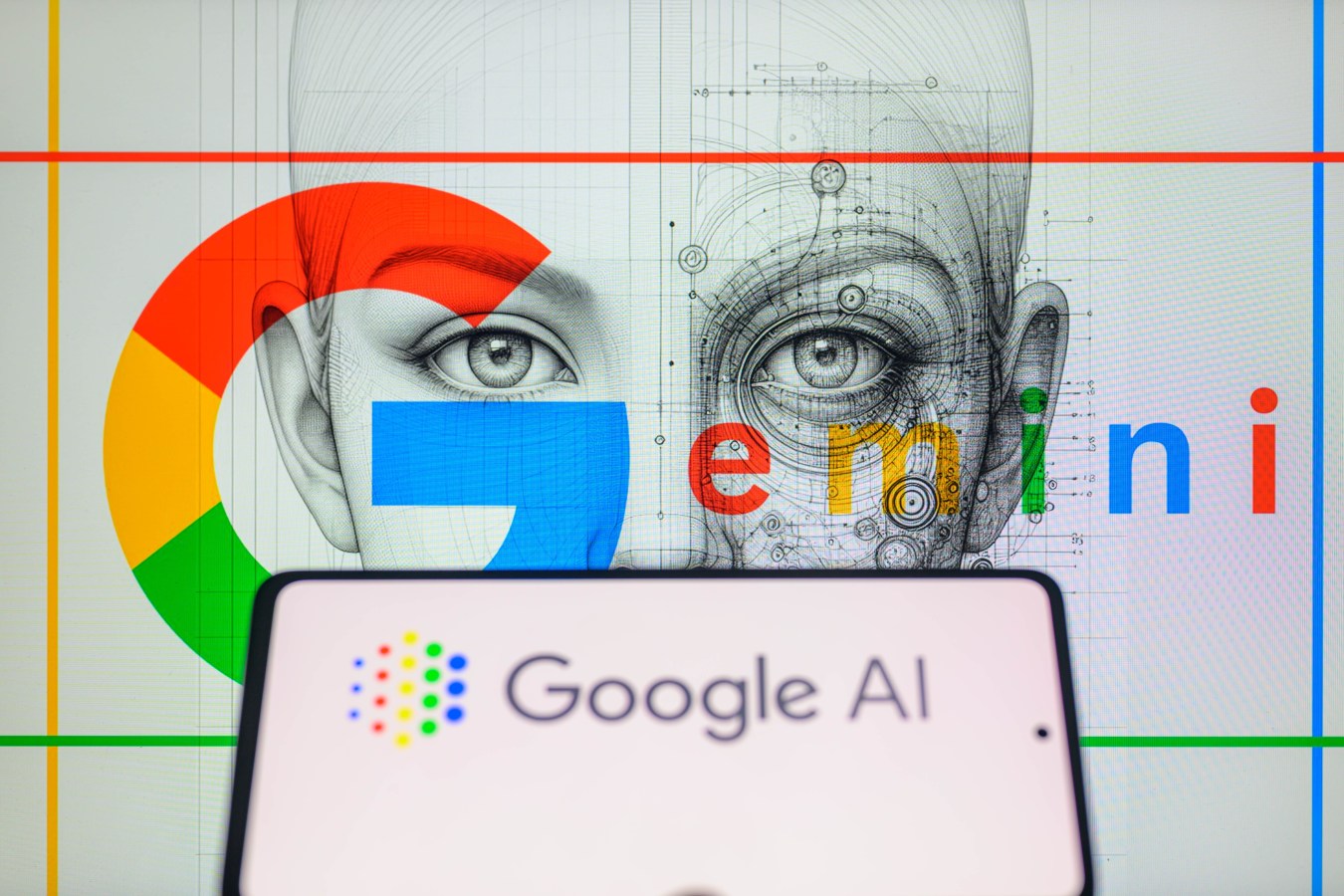A tech advisory firm study estimates that AI will create $280 billion in economic benefit by 2030. Google is tapping into the demand with a new AI-first, equity-free accelerator for Australian entrepreneurs.

Startup founder Gonzalo Sisack Novillo led a pet-oriented company in Argentina when he signed up for the Latin American Google for Startups Accelerator. He had ambitions to grow the company internationally but wasn’t sure how to scale quickly.
Four years later, Sisack Novillo has 30 employees – 60% more than he had originally – and an app that provides 24-hour virtual veterinary care to pets across Latin America.
The Google accelerator Sisack Novillo went through exists in 18 cities around the globe. Until now, it hasn’t been available to entrepreneurs in Australia.
This week, Google Australia launched a 10-week ‘equity-free accelerator program for seed and series A stage Australian startups building AI and machine learning-driven platforms and products.’
“Google Australia’s Digital Future Initiative is helping to bring the Google for Startups AI First accelerator to Australia for the first time,” says Scott Riddle, Google’s head of partnerships in Australia and New Zealand.
“The accelerator connects founders with the best people, products, and practices to help them grow with Google’s AI and ML technical expertise, and global networks to support the startups success.”
The Google AI-first accelerator launched in the US and Canada in January. Applications for the first Australian cohort are open until the end of July. The Aussie accelerator is being launched as a part of Google’s $1 billion investment in Australian research and infrastructure, called the Digital Futures Initiative.
The AI opportunity in Australia
The program is being launched at a time when the awareness of AI capability is at an all-time high.
Tech advisory firm Access Partnership released a study in May that estimates that AI will provide Australian businesses with $280 billion in economic benefits by 2030. The report calls out cybersecurity and climate change as industries where AI will be particularly impactful.
“$6.7 billion of cybercrime losses [can be] prevented for Australia in 2030 if businesses deploy AI-powered cybersecurity capabilities,” the report reads. “Improved response to climate change-induced disasters in Australia in 2030 using AI-powered technologies… [may result in] 3.9 billion of property damage [being] prevented.”

While there is pushback in Australia about how personal data is being used to create AI, the Access Partnership report notes that there are applications where it will create positive transformation.
“The tech industry is key to developing the local AI ecosystem and Google has, for over 20 years in Australia, been a key partner. Collaborations are at the heart of Google’s work, as illustrated through the Digital Future Initiative where it partners with Australian researchers and organisations.”
Who can apply?
Google Australia lists the following requirements for joining its AI-first accelerator:
- Startups demonstrating traction, between Seed to Series A stage.
- Deeply technical, leveraging machine learning and AI with a dedicated AI lead within the team.
- Building a scalable product or service with a significant total addressable market (TAM) and defensible growth model.
- Commitment from CEO, CTO and/or executive roles in business to participate in required program sessions for the 10-week timeframe.
What do entrepreneurs get?
Google says the accelerator ‘connects founders with the best people, products and practices to help them grow.’
The nuts and bolts of the program are as follows:
- 8-15 startup founders will be paired with relevant experts from both Google and the industry for mentoring and technical project support.
- Workshops in product design, customer acquisition and leadership.
- 10-week program.
- Applications open 17 June and close 31 July.
Are you – or is someone you know -creating the next Afterpay or Canva? Nominations are open for Forbes Australia’s first 30 under 30 list. Entries close midnight, July 15, 2024.
Look back on the week that was with hand-picked articles from Australia and around the world. Sign up to the Forbes Australia newsletter here or become a member here.


